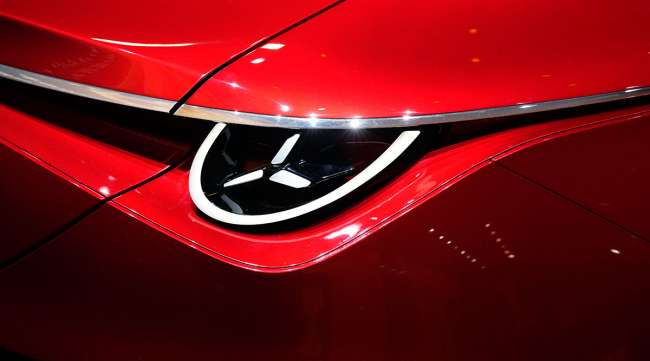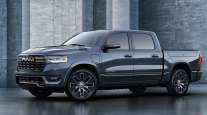Bloomberg News
Mercedes and Stellantis Press Pause on EV Battery Factories

[Stay on top of transportation news: Get TTNews in your inbox.]
Stellantis NV and Mercedes-Benz Group AG are putting work on two electric vehicle battery plants on hold and may pivot to manufacturing lower-cost cells in light of slowing demand for still-expensive EVs.
Automotive Cells Company SE, which had made plans to build three battery factories in Europe at a total cost of €$7.6 billion, has stopped construction in Kaiserslautern, Germany, and paused prep work on a site in Termoli, on the eastern coast of Italy.
Demand for EVs has slowed in Europe, with growth only expected in mass market segments, ACC CEO Yann Vincent said on the sidelines of a BloombergNEF event in Munich. One of the options the venture will assess is making cheaper lithium-iron-phosphate cells in Kaiserslautern, he said. In a separate statement June 4, ACC said it has reopened discussions on plans for Termoli and will hold talks through the beginning of next year.
ACC’s review is just the latest in a line of moves by automakers and their suppliers to rejigger EV and battery plans amid a slowdown in sales growth. Volkswagen AG said last month that its European battery factories may take longer to reach full capacity, and both VW and Renault SA pulled back early this year from efforts to sell shares in EV or battery businesses.
Want more news? Listen to today's daily briefing above or go here for more info
“We are going to adjust our investment plan to the scheme at which Europe is going to adopt EVs,” Stellantis CEO Carlos Tavares said June 4 after touring the carmaker’s plant in Melfi, southern Italy. “If the European market shifts to EVs faster than the plan, we will invest faster. If the European market shift is slower, then we will invest slower.”
RELATED: Parts Suppliers Fear a Crash With Shift to EVs
Automakers have increasingly gravitated toward lithium-iron-phosphate batteries that offer lower energy density but cost less than nickel-manganese-cobalt cells. Both Stellantis and Mercedes are requesting lower-cost solutions for batteries to power planned entry-level EVs, Vincent said.
ACC will deliberate until the end of this year or early 2025 on how to proceed with the plant in Germany’s Saarland state. It will then take as long as 2½ years to manufacture the first cells, he said.




